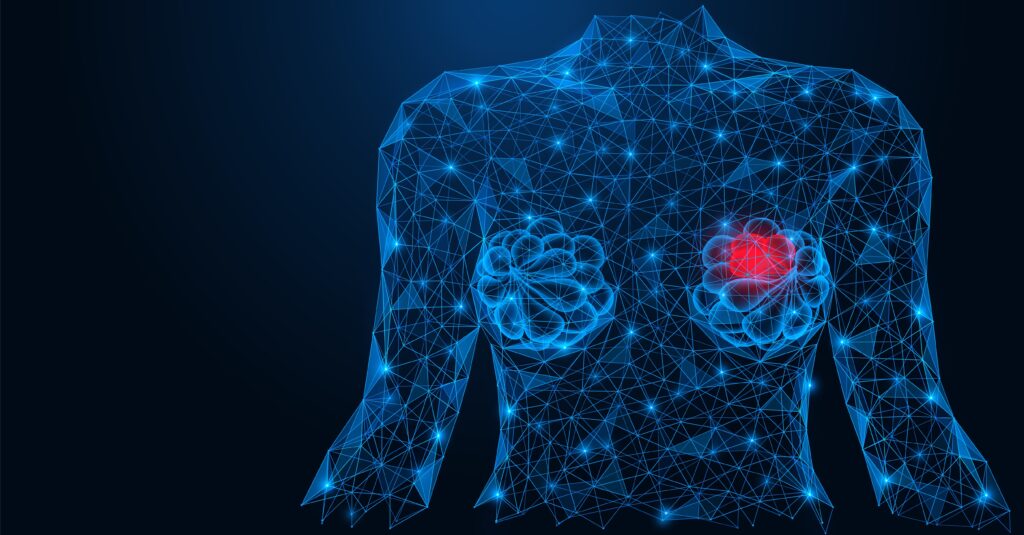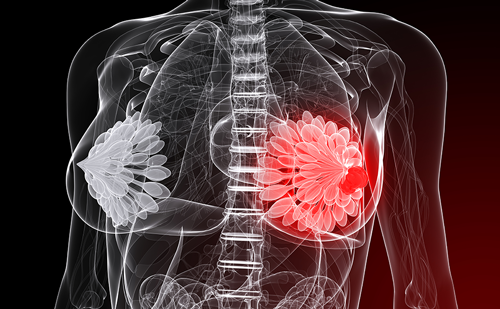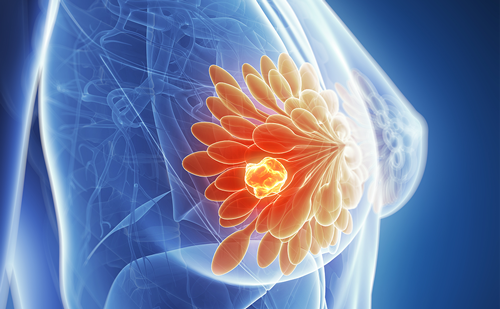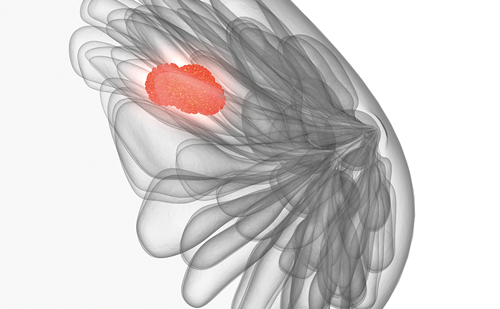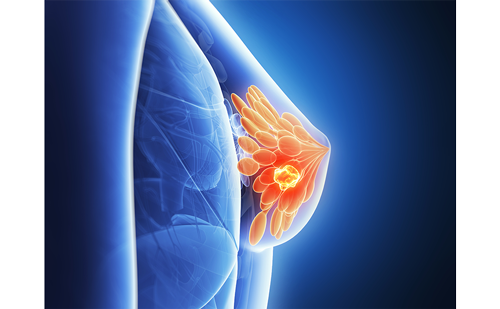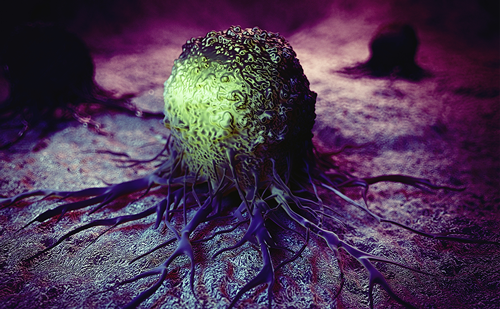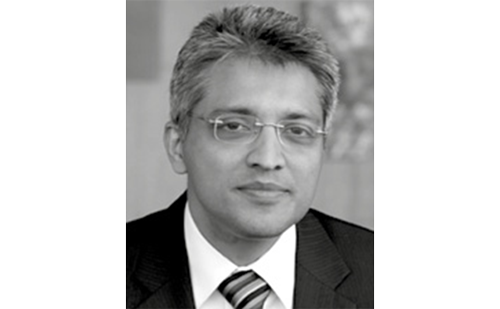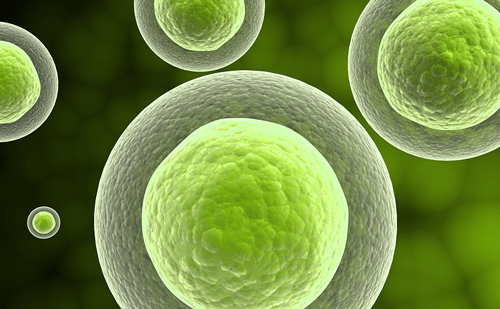Radiation therapy is a mainstay of cancer therapy. As recent progress allows more frequently for recovery or at least prolonged survival, late treatment toxicity is of increasing concern. Irradiation of frequent childhood tumours such as medulloblastoma and ependymoma is frequently associated with late neurocognitive and neuroendocrine dysfunction. To learn more, read the excellent article by Urbach, Laperriere and Bartels. They document the high incidence of endocrine dysfunction that may shorten survival and lead to substantial loss in quality of life and speculate whether novel 3D radiation techniques allow for a substantial reduction in toxicity.
Novel technologies and their integration into clinical practice is also the subject of an article on the increasing use of magnetic resonance imaging (MRI) for breast cancer. The authors advocate this very sensitive tool for planning in patients undergoing breast-conserving surgery, as it may change the planned treatment in up to 20% of patients. However, they also underline that technology alone is not sufficient and that the necessary expertise in the interpretation of breast radiology is often lacking. The importance of expertise is also evident in the surgical treatment of pancreatic cancer and may explain in part the contradictory trial results of adjuvant therapy. Bergenfeldt and Andren-Sandberg accurately review the history and various techniques of pancreatic surgery and outline the European data supporting adjuvant chemotherapy, in contrast to US data favouring concomitant adjuvant chemoradiotherapy.
Mediastinal staging is key to risk-adapted therapy in non-small cell lung cancer. Numerous novel techniques and technologies have increased the pre-operative accuracy and positron-emission tomography (PET) can now offer a substitute to invasive mediastinoscopy. Ceron and colleagues propose a mathematical model of risk assessment and the predictive value of each test, allowing to move without undue delay to surgery for truly early stage disease.
The path to clinically available thrombopoietic drugs has been long, with many unexpected hurdles. Recently, the first thrombopoietin-receptor agonists were approved for selected forms of idiopathic thrombocytopenic purpura (ITP). The available clinical data is reviewed by Stasi and colleagues.
This edition of European Oncology & Haematology emphasises the importance and influence of technological progress on medical care. I wish that we would evaluate our technological advances more rigorously, considering their impact on our daily treatment decisions and patient outcomes. Technology alone cannot be a substitute for experience, expertise and interdisciplinary collaboration in cancer care. The authors are to be thanked for their concise reviews of the topics given. European Oncology & Haematology would also like to thank all organisations and media partners for their ongoing support and the members of the Editorial Board for their continued involvement and advice. We hope that our readers will benefit from the provision of the important information incorporated in it. I wish you an enjoyable and educative read.



